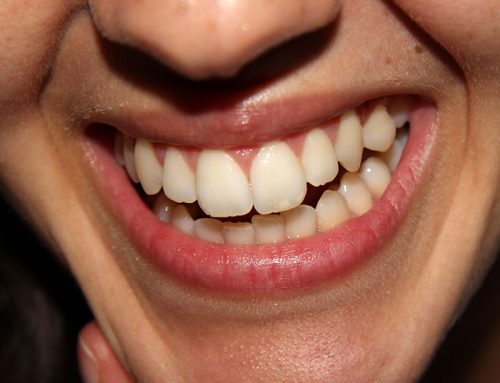Every chance I get, I remind my patients about the negative effects of tobacco – increased risk of cancers, high blood pressure, and heart disease – things you usually associate with age. But tooth loss does not need be associated with age.
The Academy Of General Dentistry reports that pack-a-day smokers are twice as likely to lose teeth than their non-smoking peers. That means that an 18-year-old smoker could lose between four and five teeth by age 35. If heart disease seems too far down the road to worry about, then maybe losing your teeth at such a young age, brings the problem closer to home.
The study used 495 healthy men, including smokers, non-smokers, and those who quit smoking during the study. By examining their teeth every three years, it was discovered that smokers lost an average of 2.9 teeth after ten years of smoking a pack a day. Those who quit smoking significantly reduced their risk, while non-smokers, on average, lost the fewest teeth. Another study of female smokers supported these findings.
While all the reasons for this dramatic increase in tooth loss are still to be determined, gum disease is known to be the main culprit. One theory is that smoking reduces blood flow to the gum tissues, reducing the amount of nutrients to the bone, and decreasing the amount of support the gums can provide to the teeth. Another theory is that smoking causes a chain of events beginning with a reduced flow of saliva and an increase in plaque buildup on the teeth, leading to tartar which can lead to gum disease, and eventually, loss of teeth.
If you smoke, be especially careful to examine your mouth for white or red patches, check for unexplainable numbness or soreness, and for sores that don’t heal within a couple of weeks. If you notice any of these, call your doctor immediately. Up to 10% of people with these patches will develop oral cancer. We’ll do a thorough check for signs of oral cancer every time you come in for a checkup whether you smoke or not. There are surgical procedures for its treatment, but there is no guarantee of a cure, so in the long run, the best solution is to stop smoking.
And as far as tooth loss goes, in addition to avoiding tobacco, everyone needs to maintain a regular routine of flossing and brushing. My team and I are ready to provide you with encouragement and guidance in all of your efforts to stay healthy, and I hope you will feel free to contact us by email info@stevestonsmiles.com or phone 604-277-1131 if you have any questions.






